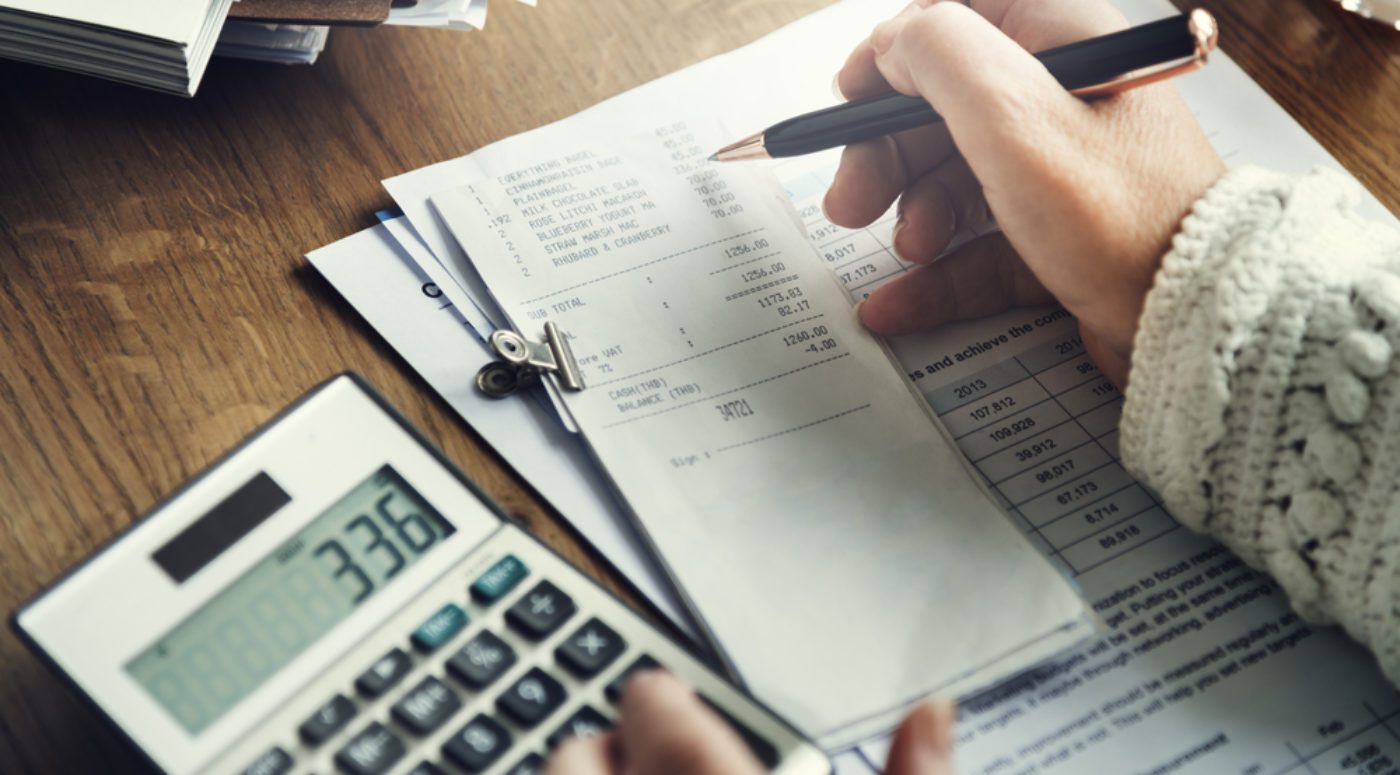

If you or someone close to you is facing a first time VAT offence charge, feeling anxious and eager to begin your defence is understandable. VAT offences are dealt with sternly by the English courts, so engaging an expert defence solicitor promptly can be pivotal in your case. This article outlines what happens for first time VAT offence allegations. We explain the legal elements of the offence, provide examples, discuss sentencing of first-time offenders, and clarify imprisonment risks. We also outline how to get in touch with our team for robust legal assistance should your case proceed further.
What are VAT offences?
VAT offences are governed by the Value Added Tax Act 1994 in English law. VAT offences typically involve dishonest conduct aimed at avoiding paying VAT or wrongfully obtaining VAT refunds.
The main VAT offences include tax evasion, fraudulent evasion of VAT, producing falsified documents, failure to notify taxable activity, and improper VAT refund claims.
For a conviction, the prosecution typically must prove:
- The defendant was obligated to pay or account for VAT but fraudulently avoided doing so.
- Their actions were dishonest and intentional, rather than careless errors.
- Inaccurate documentation or submissions were used to deceive tax authorities.
VAT offences can lead to unlimited fines and up to 7 years’ imprisonment, with prosecutions occurring in the Magistrates’ Court or Crown Court depending on the severity of the case. Sentencing considers factors like the sum involved, persistence, and sophistication used in the offence. HMRC investigators usually gather evidence in collaboration with the police or other relevant authorities.
What are some examples of VAT offences?
Examples of this offence include:
- Failing to register for VAT despite turnover exceeding the threshold.
- Continuing to charge VAT after deregistering to pocket the difference.
- Submitting false VAT returns that underdeclare sales and overstate purchases.
- Claiming input VAT for personal purchases or exempt business expenses.
- Fake invoicing scams that claim input VAT on transactions that never took place.
- VAT carousel fraud where goods are imported and sold through companies that disappear before paying VAT.
- Charging VAT on exempt supplies like insurance services that should be zero-rated.
- Charging VAT at old rates after rates have increased and pocketing the difference.
- Businesses colluding to make supplies appear as exports and reclaim VAT that isn’t due.
- Hidden ownership of companies that enables fraudulent VAT reclaims on circular trading.
- Using shell companies that charge VAT but deliberately never pay it to the tax authority.
- Failing to account for cash payments made off the books in order to evade VAT on those sales.
- Issuing fraudulent credit notes against genuine invoices to reduce VAT liability.
What happens if you are suspected of committing VAT offences in the UK?
If you are suspected of VAT offences in the UK, you are likely to face investigation and potential prosecution under laws like the Value Added Tax Act 1994.
Here’s a general outline of what could happen:
- Initial investigation – if VAT offences are suspected, HMRC will initiate an investigation. This may involve examining VAT returns, sales and purchase records, bank statements and other financial evidence. You may be interviewed under caution where anything you say could be used as evidence later. Having a specialist VAT offence solicitor present is advisable.
- Arrest or voluntary interview – you could be arrested or asked to voluntarily attend an interview at an HMRC office. Even if voluntary, this is serious and may result in charges. Expert representation is recommended.
- Charging decision – after investigating, HMRC will decide whether to charge you based on sufficiency of evidence and public interest.
- Court process – if charged, your case may be tried in the Magistrates’ Court or Crown Court before a jury.
- Sentencing – if convicted, the court will consider various factors when deciding your sentence. While maximum penalties depend on the offence, non-custodial sentences are possible for first offences depending on circumstances. Potential options include fines, community service, or suspended sentences.
Seeking urgent legal and tax advice is vital if you are facing VAT offence accusations, as the exact process will depend on your specific situation.
What is the sentence for VAT offences in the UK?
VAT fraud is prosecuted under the Value Added Tax Act 1994 and common law false accounting offences. Penalties can include fines, imprisonment, seizing goods, and shutting down businesses. You could face a maximum of 7 years’ imprisonment if found guilty.
Aggravating factors like large-scale long-running evasion, sophisticated schemes, previous convictions, and participation of organised crime groups or gangs can significantly increase sentences. Mitigating factors, such as a guilty plea, cooperation with authorities, no previous convictions, showing remorse, or having acted under duress may reduce them.
Additional penalties include confiscating criminal assets, banning orders against advisers, stopping unlawful repayment claims, and publishing details of evaders.
Are there any defences to VAT offences?
Here are some potential defences that can be raised in response to allegations of VAT offences:
- Lack of intent – the prosecution must prove that you had dishonest intent and willfully engaged in VAT offences. If you can demonstrate that any discrepancies, errors, or non-compliance were unintentional, made in error, or due to a genuine misunderstanding, this could provide a defence.
- Insufficient evidence – a good defence lawyer will carefully examine the strength of the prosecution’s evidence, looking for inconsistencies, unreliable witnesses, or gaps in the evidence chain. Challenging the sufficiency of evidence and raising reasonable doubt can be an effective defence strategy.
- Professional advice or interpretation – if you can show that you relied on professional advice or interpretation of VAT regulations, and the VAT offences were a result of a genuine misunderstanding or misapplication of those regulations, this may serve as a defence. It is important to establish that you acted in good faith based on expert guidance.
- Lack of personal involvement – if you can establish that you were not directly involved in the VAT offences or that you had no knowledge of the inaccuracies, this may serve as a defence. It is crucial to demonstrate that you were not complicit in or aware of any fraudulent behaviour.
- Mistaken identity or administrative errors – if you can demonstrate that the alleged VAT offences were due to mistaken identity, administrative errors, or technical glitches, this can be a valid defence. Providing evidence to prove your innocence and showing that you took reasonable steps to comply with VAT regulations can support this defence.
- Procedural errors or irregularities – if there were procedural errors, irregularities, or violations of VAT regulations during the investigation or in the handling of your case, it may be possible to challenge the validity of the charges. This defence focuses on any flaws that may have compromised the fairness of the investigation or prosecution.
Without a doubt, VAT crimes are serious offences with significant legal and financial consequences. If you are facing allegations of VAT offences, seeking immediate legal advice from an experienced VAT lawyer is key so that you can understand the specific defences available to you and navigate the legal process effectively.
Will I go to prison if it is my first time committing VAT offences?
Predicting whether a first time VAT offence could result in imprisonment is a complex matter, as courts will thoroughly weigh numerous factors when reaching sentencing decisions. The severity and circumstances of the evasion are crucial considerations – large-scale, deliberate frauds are viewed far less sympathetically than smaller technical breaches. The losses caused to the Treasury and damage to public confidence in the tax system will also be carefully assessed, with substantial impacts increasing the likelihood of custody.
Mitigating factors like previous good compliance, prompt admissions of guilt, cooperating fully with investigations, demonstrating remorse, and attempting to repay evaded tax may assist first-time offenders in arguing against immediate imprisonment. Skilled criminal defence solicitors can put forward a robust case that these should warrant a suspended sentence or community penalties instead.
That being said, aggravating factors like false accounting, obstructing investigations, involvement of organised crime, or exploiting complex trade mechanisms to hide VAT liabilities point towards harsher custodial sentences. While judges have legal discretion to avoid prison for some minor breaches, they are generally very reluctant to suspend sentences for deliberate large-scale VAT fraud given the gravity of the crime and the huge losses inflicted on public finances.
Those facing prosecution should obtain expert advice from an experienced tax fraud defence solicitor to understand the realistic prospects of imprisonment based on in-depth analysis of comparable cases and mitigating factors present. This provides the best opportunity to avoid a custodial sentence.
Where to get further help
If you or someone you care about is facing a first time VAT offence, it is understandable that you have questions about what happens next and what the personal and professional impacts of being found guilty may be. Indeed, facing allegations or prosecution for VAT offences can be deeply worrying. Expert guidance from the outset is key to protecting your interests. The good news is that for first time offenders, charges may sometimes be avoided before a full trial. Contact Stuart Miller Solicitors today for a free consultation on your next steps.
OUR COMMITMENTS TO YOU:
-
Responsive
A legal expert will consult you within 24 hours of making an enquiry.
-
Empathetic
We will always treat you with trust, understanding and respect.
-
Specialised
Your case will be handled by an expert who specialises in your type of offence.
-
Proactive
We will take early action to end proceedings as soon as it is practically and legally possible to do so.
-
Engaged
You will be kept updated on your case at all times. We will provide a named contact available to answer your questions.
-
Caring
We understand this is a difficult and stressful time for you and your family. Our team will support you every step of the way.
-
Tenacious
We will never give up on your case. We fight tirelessly to get you the best possible outcome.

